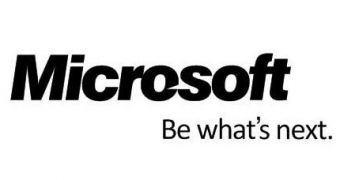Casio will be compensating Microsoft for the use of Linux in some of its devices, the Redmond company announced today, September 20, 2011.
The financial terms of the agreement were not disclosed by either party, however, so there’s really no telling what amount of intellectual property royalties the software giant is getting from Casio.
Linux has been a patent violation target for Microsoft years before the company started to claims that platforms such as Android and Chrome OS are also infringing on its IP.
In fact, the Redmond company has already been compensated over the open source operating system by a range of companies, including Novel, including Fuji-Xerox, TomTom and Samsung.
Such patent licensing agreements generally share one common characteristic, namely the fact that they are designed to provide customers of the companies inking them with coverage for use of Linux in their products.
This is also the case of the broad, multiyear patent cross-licensing agreement that Microsoft and Casio Computer have entered into.
Of course, the deal covers more than just patent-protection for the use of Linux in certain Casio devices, but neither of the two companies wished to share the full details with the public.
“We’re pleased to reach an agreement and to see continued recognition of the value of our patent portfolio, particularly as it relates to operating systems,” revealed Horacio Gutierrez, corporate vice president and deputy general counsel of Intellectual Property Group at Microsoft.
The Redmond company noted that it considers the licensing deal with Casio an extension of the companies’ existing partnership.
“Casio utilizes a wide variety of Microsoft software for its products, including its industrial handheld terminals and business information systems. Although the details of the licensing agreement are confidential, the parties acknowledge that Microsoft is being compensated by Casio,” the software giant said.

 14 DAY TRIAL //
14 DAY TRIAL //